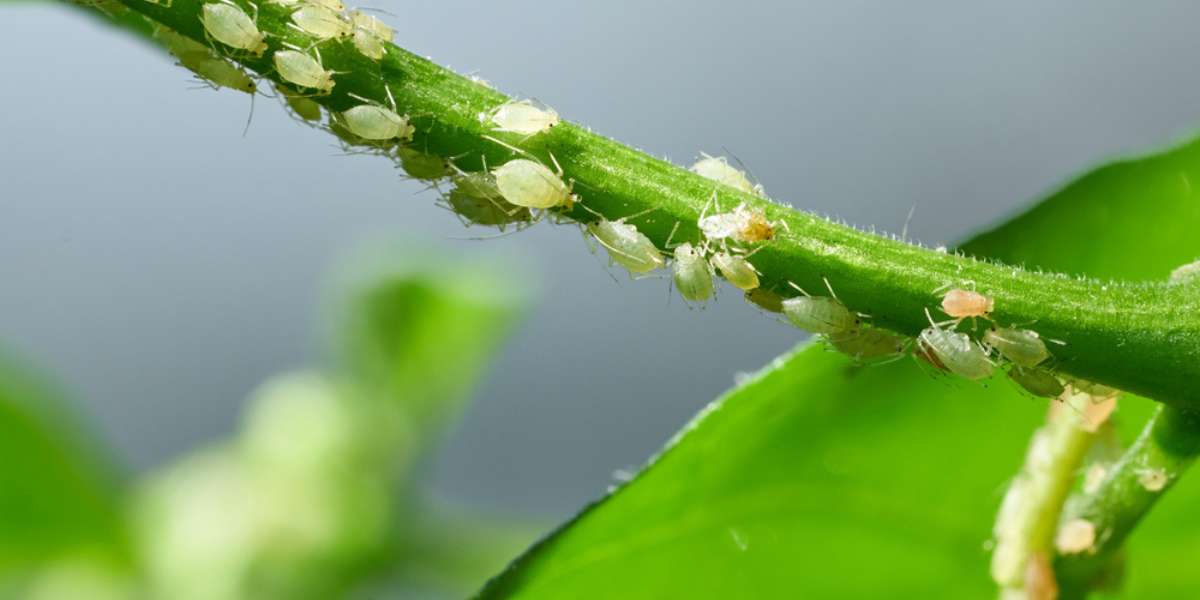Carrots are susceptible to various pests and diseases, including the following:
Aster Yellow Disease
- Type: Bacteria
- Symptoms: Shortened and discolored carrot tops, thin and hairy roots, bitter taste
- Control/Prevention: Keep weeds down, invest in a control plan for pests such as leafhoppers, as this disease can overwinter.
Black (Itersonilia) Canker
- Type: Fungus
- Symptoms: Shallow, reddish brown/purple/black cankers on carrot crowns and/or shoulders, small orange-brown spots on leaves with green halos, flower rot
- Control/Prevention: Choose resistant varieties, cover carrot shoulders with soil, and practice crop rotation.
Carrot Rust Flies
- Type: Insect
- Symptoms: Wilted or stunted plants, rust-colored excrement tunnels in roots, root rot
- Control/Prevention: Monitor adults with yellow sticky traps, use row covers, and incorporate native plants to attract beneficial insects.
Flea Beetles
- Type: Insect
- Symptoms: Numerous tiny holes in leaves
- Control/Prevention: Implement row covers, heavy mulching, and encourage the presence of beneficial insects.
Leafhoppers
- Type: Insect
- Symptoms: White shed skins on leaf undersides, stippling on leaves, “hopperburn,” reduced yield
- Control/Prevention: Knock nymphs off leaf undersides with a strong water spray, use row covers, and maintain good weed control.
Root-Knot Nematodes
- Type: Insect
- Symptoms: Knotty or galled roots, stunted or yellow plants, forked or pimpled roots
- Control/Prevention: Eliminate crop residue, choose resistant varieties, incorporate aged manure or compost, and practice crop rotation.
Wireworms
- Type: Insect
- Symptoms: Hollowed seeds, severed seedlings, stunted growth, eaten roots, bored tubers/bulbs
- Control/Prevention: Trap them by setting bait, sow seeds in warm soil for quick germination, ensure good drainage, and remove plant debris. Rotation of crops is also advisable.




